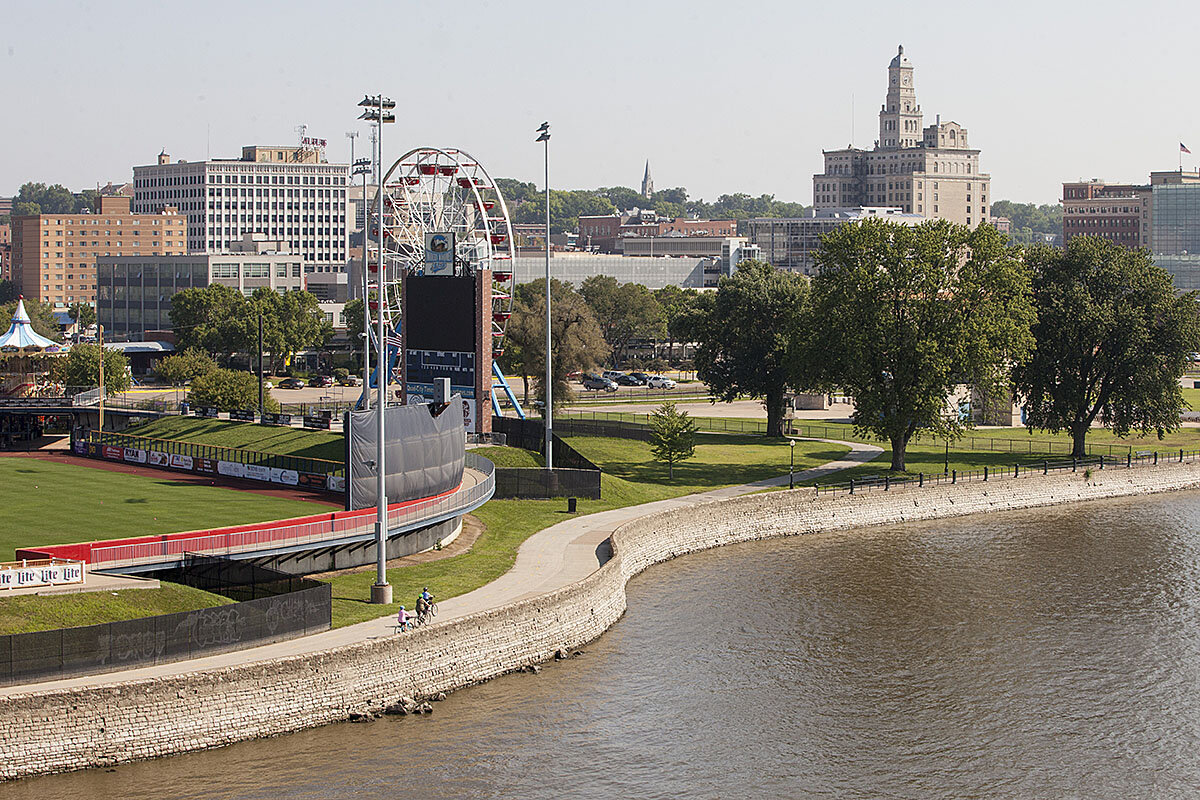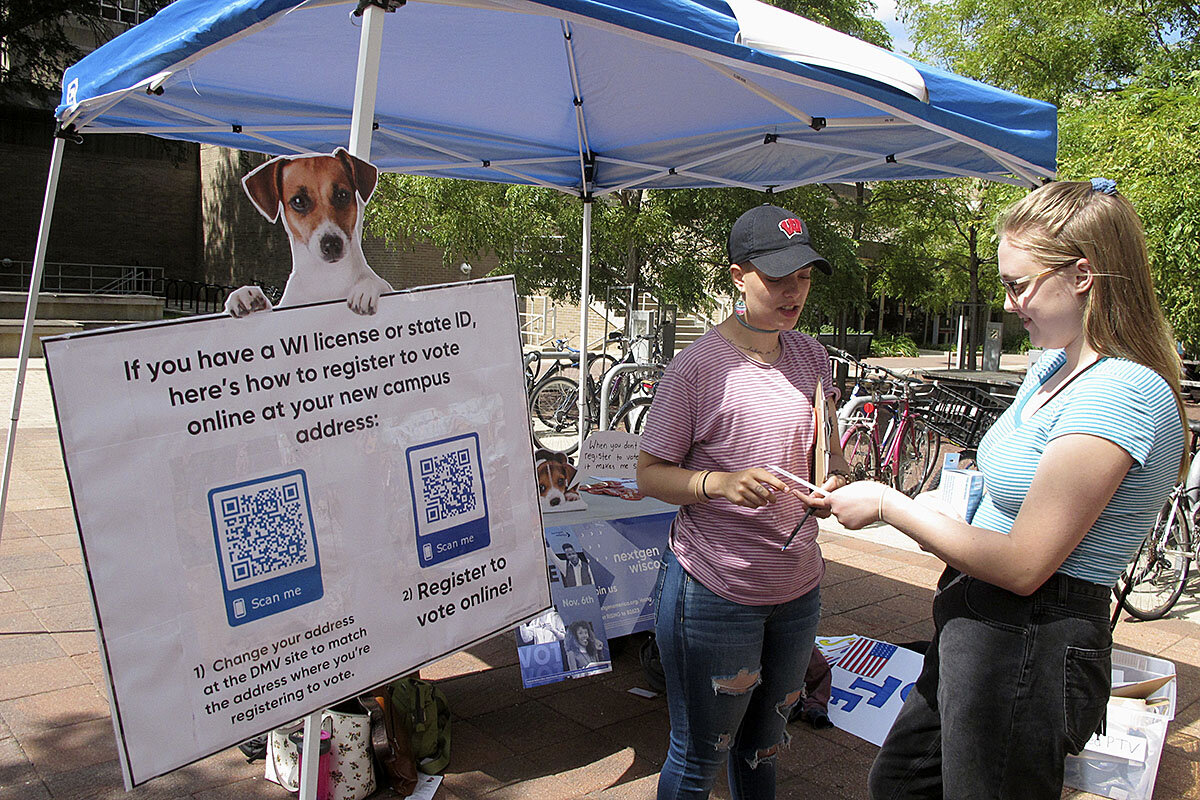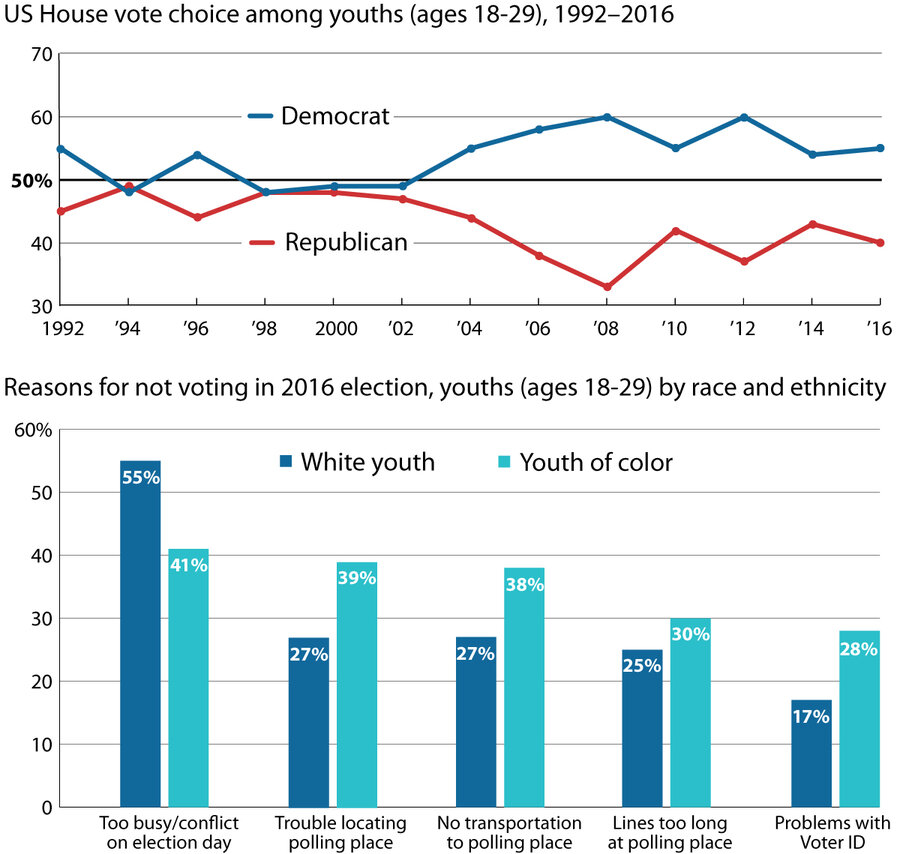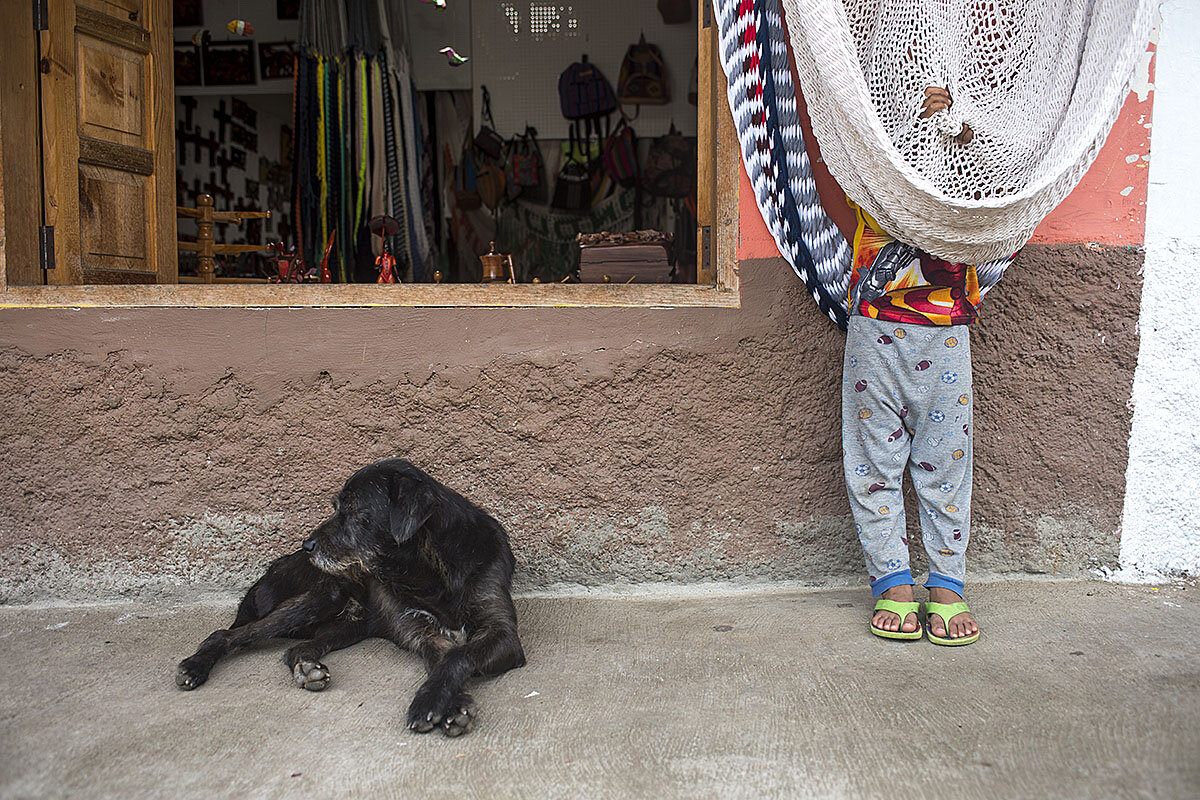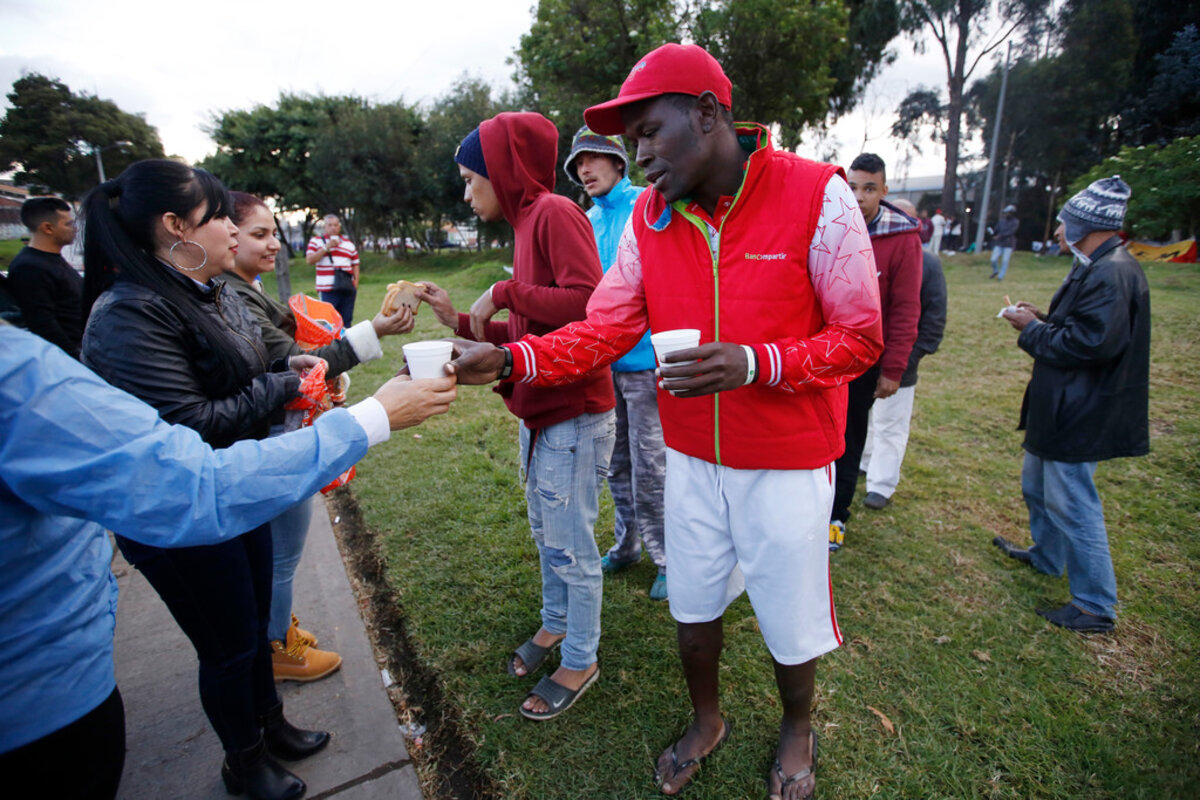River communities often struggle to keep surging floodwaters from destroying property. In Davenport, Iowa, however, residents have instead learned to live with the ebbs and flows of the Mississippi.
Monitor Daily Podcast
- Follow us:
- Apple Podcasts
- Spotify
- RSS Feed
- Download
 Arthur Bright
Arthur Bright
When Italy went to the polls almost eight months ago, the issue that shaped most voters’ decisions was immigration: specifically, the belief that Italy had too much of it. And the populist government that those voters put in place promised to do something about it.
On Monday, Italy’s ruling coalition took a major step toward realizing that goal. It put forward a security decree that would make it more difficult for asylum seekers and migrants seeking humanitarian protection to stay in Italy. It would also allow the deportation of “socially dangerous” migrants, and the stripping of citizenship from citizens convicted of “terrorism.”
“This is a step forward to make Italy safer,” said Interior Minister and far-right League party leader Matteo Salvini.
But could the consequences make Italian immigration more troubled? Members of the center-left Democratic Party and immigration activists say the proposals are only going to drive asylum seekers and those seeking humanitarian refuge underground. That could result in an increase in the amount of illegal immigration.
The head of Italy's bishops' conference, Nunzio Galantino, also weighed in, questioning the government’s decision to put the immigration restrictions into a security bill.
“This means that the immigrant is already judged because of his condition and that he's already considered a public menace, whatever his behavior,” Father Galantino said. “This is a bad sign.”
Now to our five stories for Tuesday.




